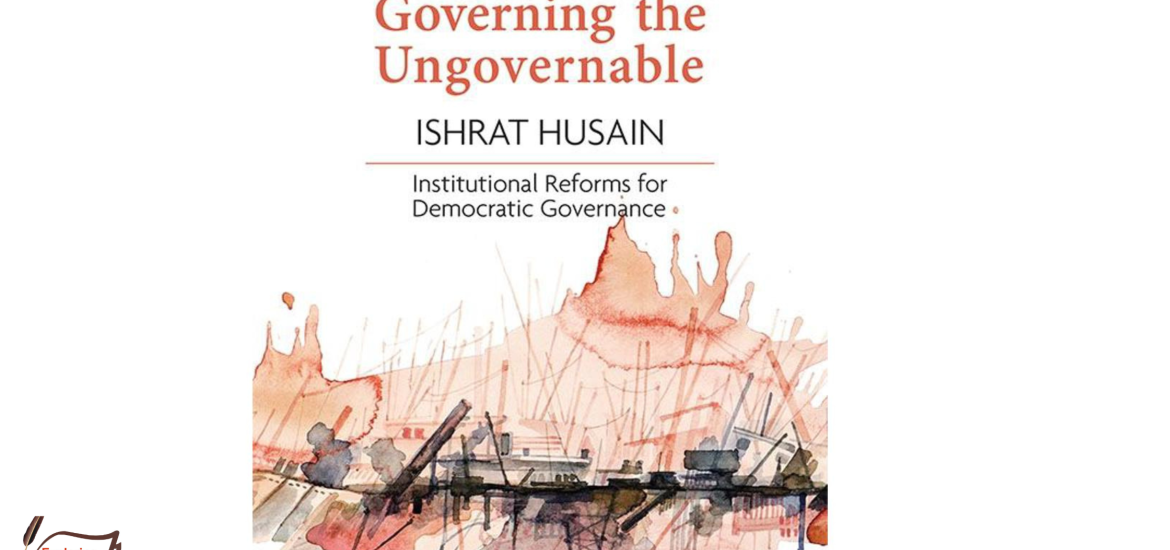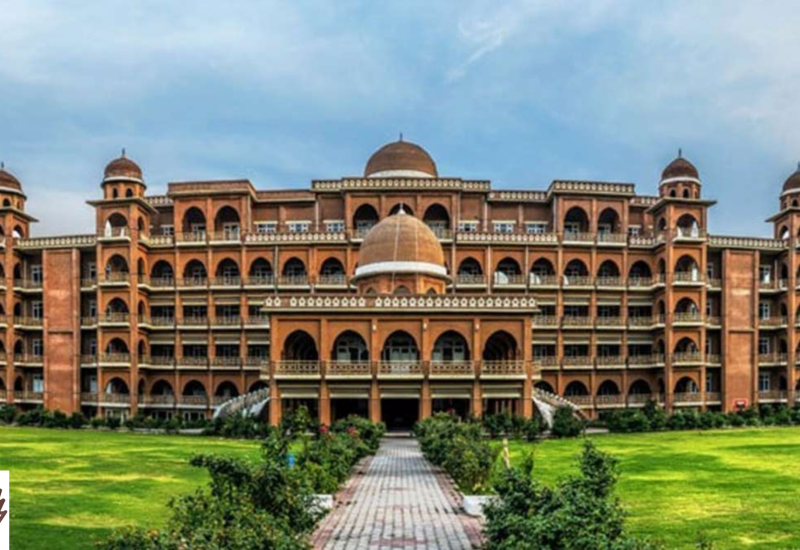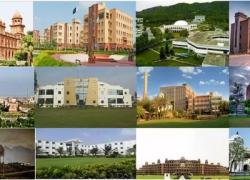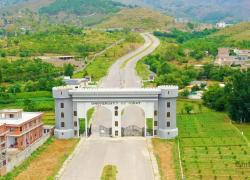Governing the Ungovernable
I had a chance to read the Ishrat Husain’s bestseller, “Governing the Ungovernable”. The book makes an attempt to look into the underlying reasons behind Pakistan’s economic turmoil, volatile social development and inequitable growth rate and argues that the major cause for the hubbub is institutional failure to govern. The key institutions, once reformed will flourish with in-built linkages and a trickledown effect and will ultimately make the country governable. The title is catchy. The theme is engrossing. The contents are fascinating and the subject matter, extremely topical. Being a multi-disciplinary approach to sustained economic development and a roadmap towards prosperity, the manuscript is very informative and highly appealing. This blog will help the readers to have a quick overview of what is in the book and I hope they will find it of immense interest.
Setting the stage
Pakistan, despite numerous internal and external challenges, managed to register substantial economic growth and social stability during the early decades of its existence and was well ahead of neighboring counties and even some of the current economic giants on account of economic and social indicators. The country has lagged far behind many countries, since the 1990s and had to face a persistent decline in the growth rate and social development. In his seminal work, Hussain, a distinguished economist and a renowned academic who served as the Governor State Bank and head of IBA, an eminent business school in Pakistan underlined the fundamental challenges, identified the subtle lapses and made certain recommendation as a way forward to rebuild the national institutions and improve system of governance in the country. Being a timely effort, as the new PTI Government is desperately looking forward to setting its strategic direction, this book is destined to prove as a bible for the policymakers aiming at institutional reforms in the country.
Early challenges
The early challenges confronted by the country, spanning over a period of four decades, including but not confined to settlement and rehabilitating refugees, Pak-India war of 1948, establishing an industrial base, nationalization of Z.A. Bhutto, Pak-India war of 1965, the secession of Bangladesh, Afghan war and successive Marshall Laws. However, in spite of these mega problems and issues the country performed immensely well on economic as well as on the social front.
Remarkable performance
Despite all the mega-problems, Pakistan took a flying start during the early first four decades of its independence. The country’s economy and social development were among the top ten developing countries well ahead of India and China and many other countries in the region. Being a peaceful place, the country enjoyed overwhelming respect among the community of nations. As a top travel destination, the tourists visited the country freely and regularly, as one of the friendliest countries on the Earth, with hospitable people, picturesque valleys and scenic beauty. International students from Africa, Middle East and Asian countries used to study in the colleges and universities in Pakistan, in a big number. However, this state of affairs witnessed transformation since the early 1990s putting the socioeconomic landscape of the country under tremendous pressure, resulting in institutional decay and disintegration. The country started to fall behind on these accounts while drawing comparison with emerging economies over a period of time.
A new set of emerging challenges
The script provides a 360-degree view on each topic by coming up with a robust perspective, covering a broad spectrum of challenges confronted by Pakistan. Further elegance has been added by portraying a complete picture of the past and present developments taking place in the socio-economic sectors of the country through the lens of meticulous research. In the words of the author, “Pakistan’s economy has to face a myriad of complex challenges arising from an uncertain global environment, an explosive knowledge economy, disruptive technologies, demographic transition and climate change.”
Reasons for poor performance
The book presents an exhaustive list of the underlying reasons behind Pakistan’s economic turmoil, and social degeneration and argues that one of the major causes for the hullabaloo is institutional failure to govern. To quote the author, “the growing demand for good governance and its shrinking supply,” is the principal reason for the overall deterioration of the economy. The failing on the part of Pakistan’s ruling elite to build a national consensus on key issues, the politicization of bureaucracy, rampant corruption and a self-defeating system of patronage and nepotism are few of the reasons for poor performance and economic degradation.
Prescription
The book recommends reforming twenty four public sector enterprises to boost economic growth and improve social development, focusing on key state institutions such as public service commissions, election commission, NAB and public accounts committee and other parliamentary oversight committees with focus on merit-based recruitment, devolution of powers and a need for consistency in policy-making. The book proposed slashing down the number of federal ministries and divisions while merging some and creating some other new ministries for energy, technological development, social protection and infrastructure development. The book suggested a selective and incremental approach of restructuring some key public institutions without causing too much political noise.
Underlying weaknesses
The manuscript failed to identify how to do it, practically, as every one of us is aware of the widely reported and often quoted harsh realities and bitter facts. The book does not give much reference to the mismanagement of HR issues in a systemic manner and failed to answer one of the fundamental questions- how the suggested remedies shall be put in action. One desires to put in some more stuff in the area calling attention towards a genuine need to pull out our politics from the pothole that is essentially stuck in. Reforming politics, nevertheless, is a tall order considering the current blistering political landscape of the country.
The resourceful insight consisting of 568 pages, having 18 chapters, covering a wide-ranging topics such as economy, judiciary, military, civil services, local government, private sector etc, is published by Oxford University Press, this year. The book carries a fair price of Rs. 895. The book is essentially aimed at generating erudite debate on finding practical solutions “necessary to arrest and reverse the process of institutional decay” in the country.” And indeed it has succeeded in attaining this objective as no other book has stimulated so much public debate in the recent days. Those, who are interested in reading this, can find it on the link given below.


















